When you start getting involved in SEO, you may have several questions related to Crawling. Here are some questions I've summarized for you:
1. Does compressing Sitemaps increase the crawl frequency of Google Bot?
No. Google Bot will still scan the server to fetch Sitemaps, so whether they are compressed or not doesn’t make a difference.
2. Google prefers fresh content, so should we continuously update our website?
No. Content is ranked based on quality and not on how new or old it is, so you should only change or update content when it's truly necessary. Merely updating the publish date of a post has no significance to Google Bot. However, adding more useful content is still recommended.
3. Does Google favor old content because it’s believed to have more value than new content?
No. Useful content is useful, irrespective of whether it is new or old.
4. Does Google prioritize crawling URLs without parameters over URLs with parameters?
No. Google Bot does not have a preference for URLs. However, Google advises to block the crawling of parameters to prevent content duplication.
5. The faster a page loads, the quicker Google Bot crawls?
Yes. Google Bot “gets tired” too; it's as simple as that. However, if there is good, useful content, even if the page loads slowly, Google Bot will still crawl it enthusiastically. So in summary, focus on creating useful content for the users, and Google Bot will "like" you.
6. Do smaller websites get visited by Google Bot less frequently than larger ones?
No. Size doesn't matter; it’s the content quality and whether there are frequent content updates that are important.
7. Is content closer to the homepage more important to Google?
Yes. The homepage is typically the most important page of the entire website. As such, content directly linked from the homepage is deemed important by Google Bot and is crawled more frequently. However, this doesn’t mean such information is ranked higher or that other pages are evaluated less favorably.
8. Is creating a new URL version a good way to encourage Google Bot to re-crawl content?
Yes. Creating a new URL (changing from the old URL to a new one) is also a signal for Google Bot to recrawl information more frequently. However, this is not really necessary, and you should only change URLs when the content has completely changed. To notify Google of new content updates, use the tags in the sitemap.
9. Do slow-loading pages with many errors affect the crawling of information?
Yes. Similar to point number 5, Google suggests reading the crawl stats report in the search console to control errors.
10. Is crawling information a criterion for SEO to rank quickly?
No. Just because a website is frequently crawled by Google Bot, or is crawled quickly, doesn’t mean it will rank high. Crawling information is not a ranking criterion for Google's SEO.
11. Does Google Bot crawl alternate URLs and content embedded on websites?
Yes. Google Bot is like a scrap eater and will crawl everything on the page if allowed. Therefore, we need to decide what information we want Google Bot to crawl and vice versa.
12. Can we control Google Bot with the "crawl-delay" command?
No. Google Bot does not handle the non-standard "crawl-delay" command in robots.txt.
13. Does the nofollow directive affect Google Bot’s crawling?
Yes. If Google Bot comes across the "nofollow" directive while crawling your website, it will not crawl that URL. However, if Google Bot encounters that URL on another page within your website or on another site that isn’t marked "nofollow," it will still crawl it as usual.
Submit feedback
Your email address will not be made public. Fields marked are required *
Search
Trend
-
The most commonly used HTML tags
02-01-2020 . 11k view
-
Websites for earning money at home by typing documents
05-17-2023 . 9k view
-
Earn money by answering surveys with Toluna
01-12-2020 . 7k view
-
Guide to creating a database in phpMyAdmin XAMPP
04-25-2020 . 4k view







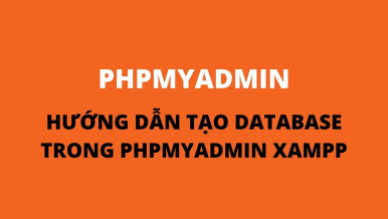
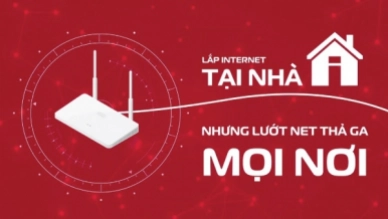
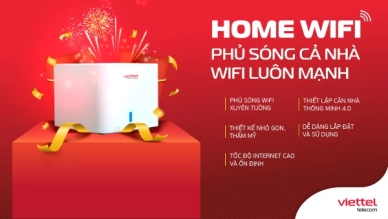


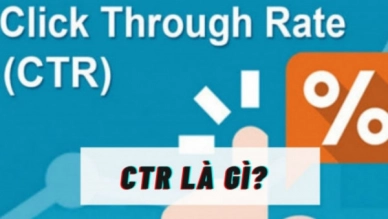

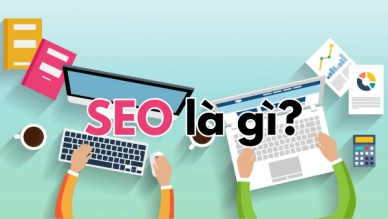
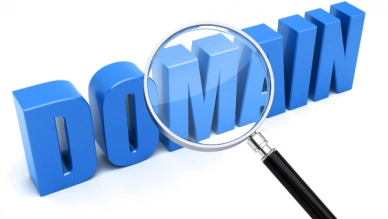
0 feedback